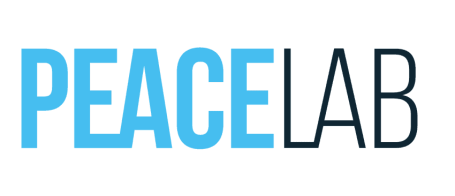#LearningforPeace: The Future of Crisis Prevention and Peacebuilding

Following the German government's publication of an implementation report on progress in the area of "Preventing Crises, Resolving Conflicts, Building Peace", PeaceLab hosted three events on lessons learned and future priorities. Participants from the policy, civil society and research communities discussed European crisis engagement, the climate-conflict nexus, and early action.
In a webinar on Climate Change, Crisis Prevention and Peacebuilding, organized in cooperation with the Advisory Board on Civilian Crisis Prevention and Peacebuilding and facilitated by Marie Wagner (GPPi), participants set out to develop policy recommendations for the nexus of climate change and conflict.
The webinar included a breakout group on 'Early Warning Systems and Early Action - How to include Climate Data?', convened by Barbora Sedova from the Potsdam Institute of Climate Impact Research (PIK) and (co-)leader of the FutureLab, who used the opportunity to present Weathering Risk.
Participants of the breakout group developed the following policy recommendations on topics linked to climate change and conflict nexus:
1. Climate scientists, conflict analysts, and practitioners should collaborate in order to improve early warning systems and exchange climate data information. This could be facilitated through dedicated research centres, institutes, or exchange programs for researchers from different disciplines working on climate security.
2. Climate scientists and conflict analysts need to clearly distinguish between different types of conflict and provide more clarity on causal mechanisms behind the nexus of climate and conflicts in order to suggest more tailored policy responses and interventions.
3. Analysts should sharpen the focus on different climatic impacts and perform locally-informed regional, national, and sub-national analyses. This would enable identifying different vulnerability profiles, contextual effects and mechanisms.
To read the full policy recommendations from the workshop on Climate Change, Crisis Prevention and Peacebuilding, click here.
For the full PeaceLab event report, click here.
Share on

